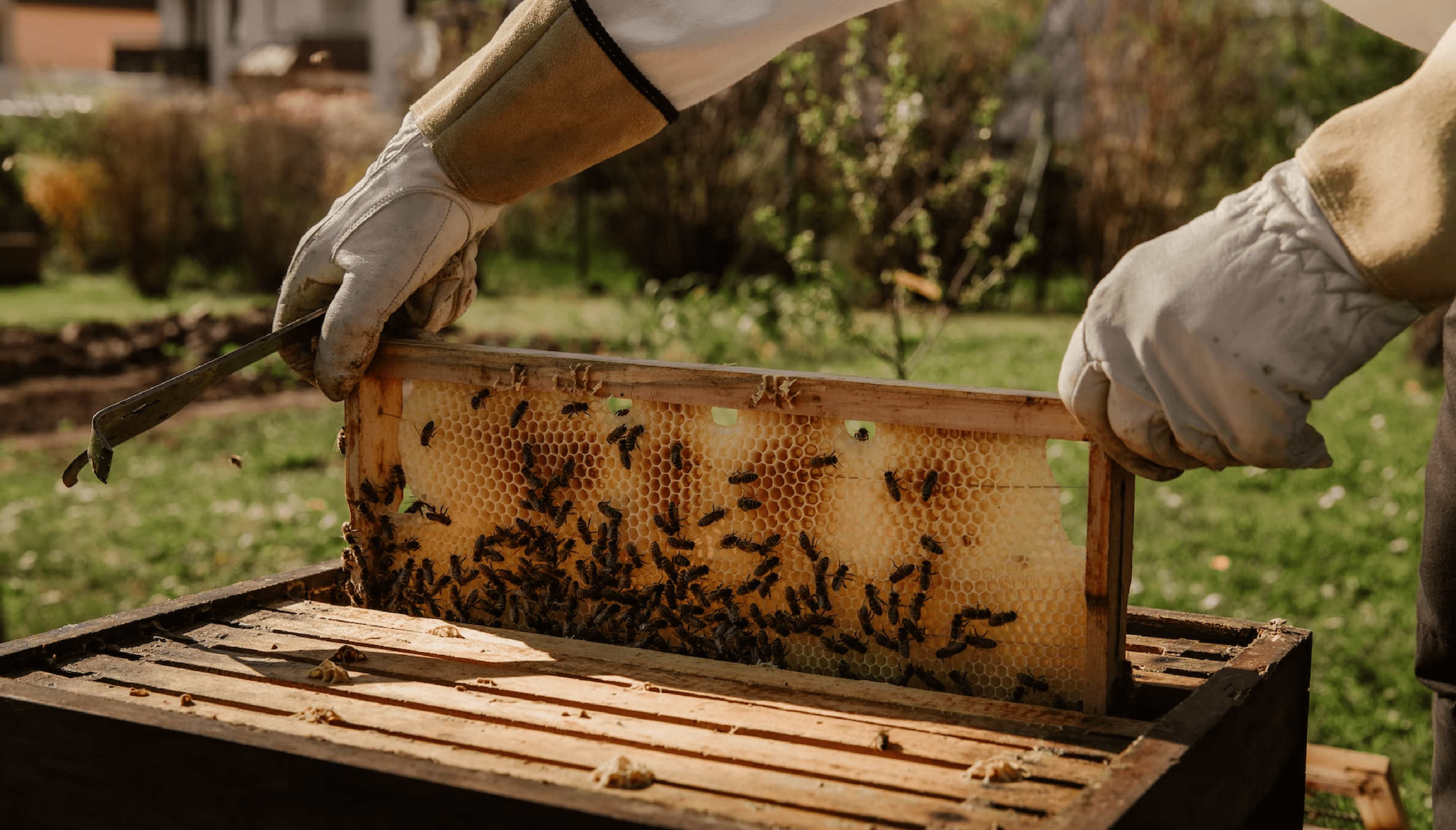
A spotlight on WILDCAPE HONEY
WildCape Honey: Not all commercial beekeeping operations are the same. In New Zealand, more than 75% of New Zealand manuka honey brands don’t employ beekeepers, don’t own hives and therefore, don’t understand the health of the bees producing their honey. To them, manuka honey is simply a commodity which they purchase, brand and sell. WildCape is very different.

Discover Wildcape:
A Difference Made
- WildCape owns and cares for 100% of the hives which produces honey for their brand.
- WildCape does not buy any honey produced by other beekeepers to bottle in their brand.
- WildCape beekeepers are employed full-time and all year round to care for these hives. In contrast, a profiteering honey producer will only hire part time beekeepers during the summer harvest season and let the bees fend for themselves in the autumn and winter seasons.
- WildCape beekeepers are trained to manage Varroa mite using various preventive measures and treatments. The Varroa mite is a parasite which attaches itself to and feeds on honey bees.
- WildCape hives are located entirely in the East Cape region within driving distance from our HQ to regularly monitor the health of the bees and their hives.
- WildCape has long-term partnerships with landowners to ensure hive sites are not exposed to herbicides, pesticides or fungicides.
- Bill Savage has been beekeeping for more than 40 years and individually trains all of our beekeepers to the highest industry standards
It can be said that under the right human care, bees are better off as compared to when they are left alone in rural areas and exposed to various human elements and the Varroa mite causing colony collapse disorder.Fundamentally, commercial beekeeping produces honey which is taken away from the bees for human consumption.This is no different from any other forms of agriculture which extracts resources from nature for human consumption; but for WildCape and their beekeepers, keeping the bees healthy in the process is in their own long and sustained interest.
